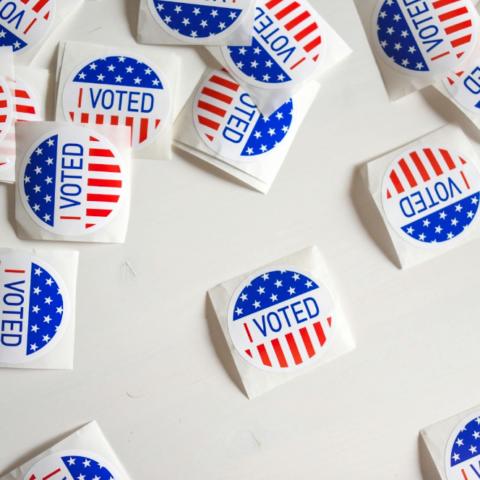By: Emily Fountain
On March 29, The Daily Princetonian, the independent student-run newspaper of Princeton University, published a letter in the opinion section from Susan Patton, President of the Princeton Class of 1977. In said letter, Ms. Patton counters the recent trend (i.e. Sheryl Sandberg) of women focusing on their careers, instead stating that what women really need to do before leaving college is find a husband. Furthermore, she states that as Princeton women, they are intellectually superior to most others and should therefore marry a Princeton man because they comprise the majority of men that will be “worthy” of them. If your blood isn’t already boiling, read the full letter here.
In the days since its publication, this letter has ignited a media firestorm garnering attention from national news outlets. To counter, The Daily Princetonian called for responses to be published in a special section for their paper. What lies below is my submission:
I do not know if this conversation is open to those who lie outside of Princeton’s hallowed halls, but I can only hope that discourse is not limited to those who find themselves within this institution.
As a senior at the University of Georgia, I find Ms. Patton’s letter extremely offensive for many reasons. Sure, there is the common narrative— I am a 21st Century woman and I have goals that exist beyond obtaining a marriage license. But that isn’t why I’m angry. In fact, that’s not why I’m angry at all.
Beyond misguided assumptions that women want to marry men or that women are only seeking to marry those their age or older, this letter is not only factually inaccurate, it is ignorant.
With what perhaps may be the largest conservative bias I have seen in writing—and bear in mind I attend a flagship University whose state still abides by down home in Dixie—I am compelled to respond. As a student of a public and state university, what I find unforgiveable is the assumption that both these females and males alike are my intellectual superiors. What Ms. Patton presupposes is that a degree granting institution confers the intelligence of an individual.
That is simply not true.
I know many men, and women, who are brilliant, motivated and passionate people who could toe the line with their Princeton counterparts any day of the week. Yet, the fact of the matter is that for a large portion of us, a school like Princeton is simply not feasible— not because we are somehow less capable, but because we are less endowed. Either by way of economic viability, geographic location, or whatever it may be, for many I have encountered during my four years here, intellect is not what has relegated them to this institution.
With the economy in a severe recession when most of us entered college, finances, or lack thereof, played a large role in the college we chose to attend. I know women and men who were accepted into some of that nation’s best universities—Yale, Brown, Harvard, Columbia, and yes, Princeton— but were unable to attend because the money simply was not there, even though their intellectual capacity clearly was.
For others, we fall into a different camp. I come from a rural town in southeast Georgia where the University of Georgia gleans with iconic status equivalent of that to the schools that comprise the Holy Trinity. The truth of the matter is that for the better part of my high school experience, I was never told to want more, to apply to more prestigious schools,
or to push myself. I graduated first in my class, leaps and bounds beyond my classmates, but I never once even considered it possible that I could attend a school like Princeton. Not because I wasn’t capable, but because it was something I was never taught to want. And what is worse is that I come from a home with parents who encouraged me, who provided intellectual stimulation, and who fostered learning. And if I, with these people as my guiding forces, believed in such a limited range of possibilities for myself, then certainly those who were not as fortunate also did not see beyond the pinnacle of achievement that had been created for us.
And so, Ms. Patton, your assertions are not just biased, but degrading and ungrateful. You state, “As Princeton women, we have almost priced ourselves out of the market. Simply put, there is a very limited population of men who are as smart or smarter than we are. And I say again — you will never again be surrounded by this concentration of men who are worthy of you.”
What you deem as worthy is not the character of a man or a woman, or their intellectual capacity, but instead their economic and geographic opportunities and family support systems, all of which are by-products of their environment, not of their abilities.
As for the rest of us— all the women (and men) still in the waiting room— it seems a ring by spring is still the golden standard.
What solace will a dual degree and bright future bring a woman with a bare and naked finger? For our male counterparts, whose worth is quantified in the prestige of their alma mater, you have been written off and we have been written out.
So, raise a glass to privilege…I mean Princeton.
-Emily Fountain
University of Georgia 2013, Honors Program
Political Science/Journalism

